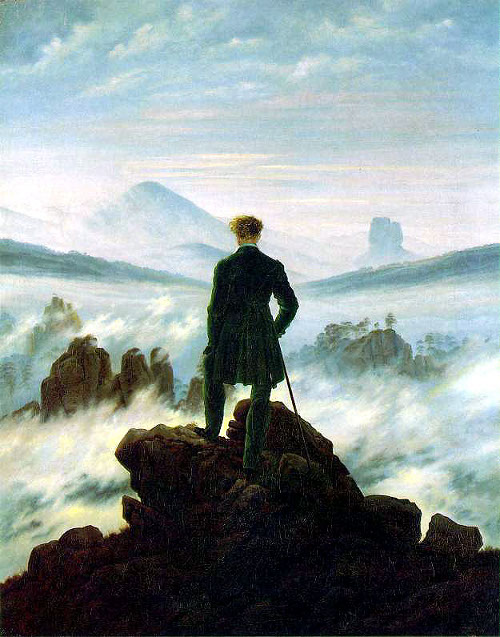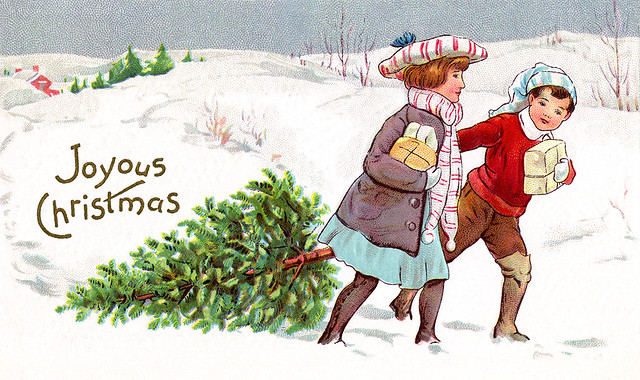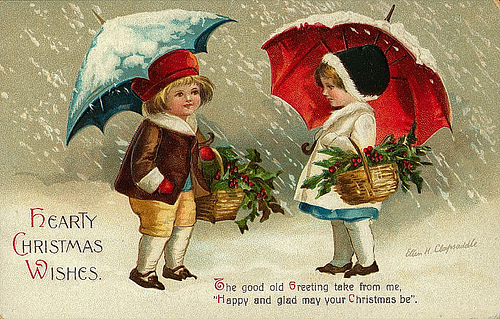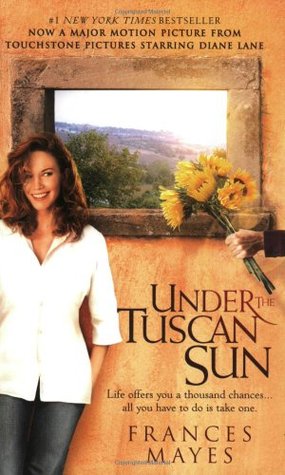
Saturday, 31 December 2016
Thursday, 29 December 2016
THE COMEDY OF ERRORS
Here you can read the whole Shakespearean comedy.
Here you can find a detailed analysis of this play which sparkles with wit and invention. Based on a farce by the Roman playwright Plautus, it is
a work full of slapstick humour
and rich characterisation that centres around two sets of identical twins
accidentally separated at birth.
Labels:
Drama,
Shakespeare,
The Comedy of Errors,
The Renaissance
Saturday, 24 December 2016
Friday, 16 December 2016
HAPPY BIRTHDAY, MISS AUSTEN!

Jane Austen was born on December 16, 1775, in Steventon, Hampshire, England. While not widely known in her own time, Jane Austen's novels of love among the landed gentry gained popularity after 1869, and her reputation skyrocketed in the 20th century. Her novels, including Pride and Prejudice and Sense and Sensibility, are considered literary classics, bridging the gap between romance and realism. Continue reading here.

Tuesday, 13 December 2016
SAMUEL JOHNSON
Samuel Johnson was an English writer and critic, and one of the most famous literary figures of the 18th century. His best-known work is his "Dictionary of the English Language".
He died on 13 December 1784 and is buried at Westminster Abbey.
Here is a review of David Nokes's 2009 biography of Dr Johnson.
Sunday, 4 December 2016
MY SUNDAY MOVIE - UNDER THE TUSCAN SUN
Under the Tuscan Sun is a
2003 romantic comedy film. Based on Frances Mayes' 1996 memoir, the film is about a just-divorced American writer who buys
a villa in Tuscany, hoping it will be the start of a change
for the better in her life.
Frances is a writer in
her mid-'30s who feels emotionally upset after her divorce. Unhappy and unable
to write, she doesn’t know what to do with her life, and her best friend Patti
decides she needs some time away from her problems - Patti gives Frances a
ticket for a two-week tour of the Tuscany region of Italy; while there, Frances
finds a decaying old villa. Charmed by
the kindness, beauty, and charm of the small town of Cortona, she on impulse
decides to buy the villa, thinking she can fix it up herself. She hires a crew of Polish immigrants to
renovate the house. Over time Frances develops a new
confidence as she makes friends with her neighbours and finds love with a
handsome local named Marcello, but their relationship does not
last. She is about to give up on happiness ...
I recommend you watch this delightful film which has an enjoyable story, excellent scenery and charming characters ... Just an old favourite of mine!
Saturday, 3 December 2016
REVISING ROBERT LOUIS STEVENSON

On 3 December 1894 Robert Louis Stevenson died very suddenly. He had defied his weak lungs for over 40 years, but in the end it was a brain haemorrhage which killed him. He was buried on the summit of Mount Vaea, Vailima, on a small Samoan island in the Pacific, with his “Requiem”.
Fourteen years earlier, when he was very ill in California, he had composed his own epitaph:
"Under the wide and starry sky,
Dig the grave and let me lie.
Glad did I live and gladly die,
And I laid me down with a will.
This be the verse you grave for me:
Here he lies where he longed to be;
Home is the sailor, home from sea,
And the hunter home from the hill."
Dig the grave and let me lie.
Glad did I live and gladly die,
And I laid me down with a will.
This be the verse you grave for me:
Here he lies where he longed to be;
Home is the sailor, home from sea,
And the hunter home from the hill."

Here you can find a study guide on Robert Louis Stevenson's most captivating novel, The Strange Case of Dr. Jekyll and Mr. Hyde.
Friday, 2 December 2016
ROMANTICISM IN LITERATURE AND ART

“In spite of difference of soil and climate, of language and manners, of laws and customs, in spite of things silently gone out of mind and things violently destroyed, the Poet binds together by passion and knowledge the vast empire of human society, as it is spread over the whole earth, and over all time. The objects of the Poet’s thoughts are everywhere; though the eyes and senses of man are, it is true, his favorite guides, yet he will follow wheresoever he can find an atmosphere of sensation in which to move his wings. Poetry is the first and last of all knowledge—it is as immortal as the heart of man.”
William Wordsworth, “Preface to Lyrical Ballads"
Discovering Literature: The Romantics
Introduction to Romanticism
Labels:
Art,
Literature,
Romanticism,
The Romantic Age,
William Wordsworth
Subscribe to:
Posts (Atom)




